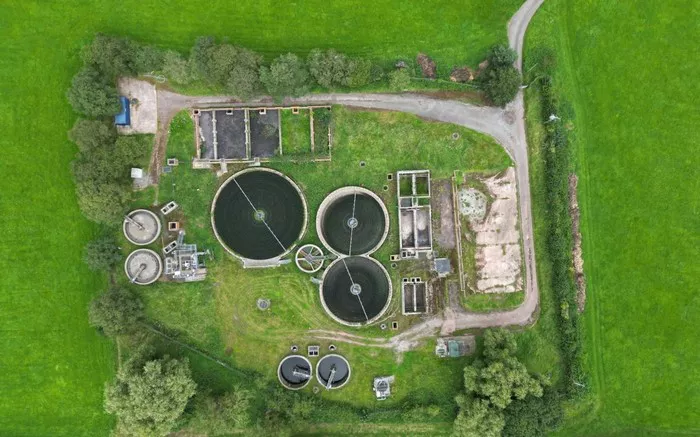The Christchurch City Council is standing by its $94 million sewage treatment plant upgrade for the Banks Peninsula township of Akaroa, despite significant opposition from some residents. The new facility, designed to replace the existing wastewater treatment plant at Takapūneke, has sparked resistance due to its high cost and concerns over its environmental and cultural impact.
The facility, set to serve a community of less than 800 people, will cost over $120,000 per resident. Critics argue the plan does not address Akaroa’s stormwater infiltration problems, which could result in raw sewage being discharged during heavy rainfall. One of the key concerns is the potential for untreated sewage to flow onto the Akaroa Recreation Ground waterfront.
Cultural and Environmental Sensitivities
The current wastewater plant is located at Takapūneke, a site with historical significance. In addition to being the location of a massacre in 1830, it was also home to a rubbish dump in the 1970s. The council acknowledges the cultural insensitivity of constructing a wastewater plant there and is working to relocate the facility. The new plan proposes a wastewater-to-land-irrigation system, where treated wastewater would be used to irrigate farmland and native plants. While this system aims to reduce environmental impact, some locals still oppose the plan.
Concerns Over Cost and Effectiveness
Suky Thompson, deputy chair of Friends of Banks Peninsula, criticized the project’s high cost, claiming it would not adequately address the region’s challenges. “For that amount of money, we would expect a system that can handle overflows and future water shortages,” Thompson said. The council has acknowledged that overflows are expected to happen every five years, but argues that completely eliminating them would be financially unfeasible.
Between 2020 and 2024, untreated wastewater was discharged into Akaroa Harbour on 22 occasions, mostly due to extreme rainfall. While the new system aims to reduce these discharges, the council stresses that the problem of overflows is common in wastewater systems.
Upgrades to Akaroa’s Sewage Network
In addition to the new plant, the council has spent $5 million over the past four years on upgrading Akaroa’s sewage network, addressing stormwater infiltration issues. Despite these efforts, the council faces pressure to finalize the new plant before its consent to discharge wastewater into the harbour expires in 2030. With resource consent hearings set to resume in two weeks, the council is under a tight deadline to complete the project.
The debate over the sewage plant upgrade continues to divide the Akaroa community. Supporters argue it is a necessary step for managing wastewater, while critics question its cost, effectiveness, and cultural impact. The council’s challenge remains balancing the community’s needs with environmental sustainability and financial constraints.
Conclusion
As the Christchurch City Council presses on with its controversial plan to upgrade the sewage treatment facilities in Akaroa, the debate over cultural sensitivity, environmental impact, and cost continues. While some support the move, many locals remain concerned about the cost, the potential for overflows, and the handling of Akaroa’s wastewater infrastructure. With a 2030 deadline looming, the council faces an uphill battle in balancing community needs, environmental protection, and financial considerations.
Related topics:

